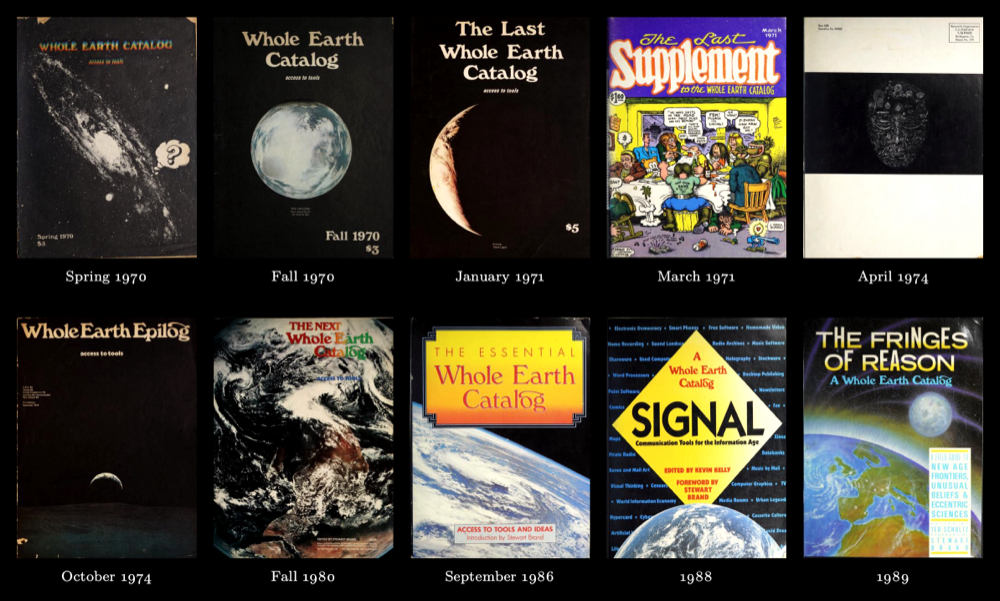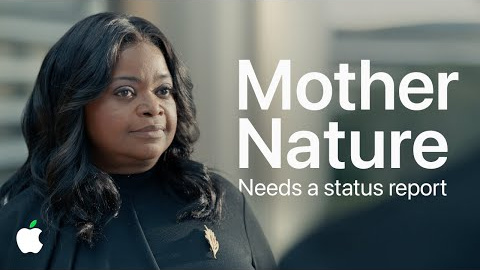Neues, sehr schönes Projekt von Neal Agarwal: Ein Online-Museum für altertümliche Netzartefakte, die allesamt – ”You may touch the artifacts“ – direkt besurft werden können, wie hier z.B. Justin Halls Website von 1994.
In meinem Hochschulseminar „Web-Technologien“ zeige ich den Studierenden bereits einige der hier präsentieren Stücke, andere kannte ich sogar selbst noch nicht. Von daher: tolle Auswahl, ich werde mich für’s nächste Semester nochmal hier inspirieren lassen.

